Bios for Musicians
Tell Your Story:
Creating a written bio is like introducing yourself at a party (even if you don’t like parties, please keep reading!) People want to know: What are you all about? What do you DO? But don’t let these questions stress you out. You don’t need a perfect answer. You don’t need to somehow encapsulate your very essence in 150 words. No, for musicians, a bio is more of a handshake and a smile and a few words about what you do. As humans, we are hardwired to tell and absorb stories. It is part of our nature. A good bio does just that: conveys your unique story. “But my story is nothing special!” We are not talking about reinventing the wheel here. We are just talking about conveying the most basic sense of your place in the world. And you do have one, whether you recognize it or not.
Bio writing expert Melissa Cassera recommends creating bios of varying lengths for the varying purposes you will encounter. We think so, too. To further the party analogy, this is like adjusting how you introduce yourself at an industry conference versus introducing yourself at your buddy’s 4th of July barbecue. Your shortest bio can form the core of your narrative and bios to come and include the words and general vibe that you are trying to convey. Think about how you might introduce yourself to someone who you wanted to inspire to action (book you!) You might mention some names of artists you have played with who align with who YOU are as an artist and that a non-musician might recognize. You might espouse some of your core values.
Here are Creative Live educator Melissa Cassera’s recommended bio lengths:
- 25-Word Intro
- 75-Word Byline
- 150-Word Story
- About Page
Below are some points that you want to be sure to include:
What is your name?
Where are you from?
What is the uniqueness and strength you want to convey? This is what grabs readers. The thing that after reading, someone will remark about. You played with Jefferson Airplane’s drummer?!
What are some venues and artists you align yourself with? (Don’t worry if you don’t have these yet!) You can mention a venue or two that reflects your “scene”, a shortcut to letting folks know what you are “all about”
Things to avoid:
The name-drop. You don’t want to drop so many names that your reader ends up in a pit. Don’t set a trap for your audience. You do want to include some names of people who have significance to you, and, perhaps, significance to the potential reader. But do not worry if you don’t. It helps, but it is not the end-all-be-all. So, avoid a name drop list at all costs.
The (hyper)bole. If you were face to face with someone that you wanted to take an interest in your work, would you call yourself a “true innovator,” a bastion of your community, or a true genius? Probably not (at least lets hope!) Instead, try using words that are descriptive, but not so emotionally charged. You can talk about your positive career history and your style and attributes, but with class and subtlety. Of course, if you are a multi-grammy award winner, you want to present that too, but avoid the kind of braggish language that will turn most people off in a heartbeat. Think factual; instead of saying you have played every venue in the Bay Area (unless you have!), moderate your language. You have played many of the Bay Area’s popular listening rooms. See the difference? If you have facts on your side, there is strength in that. And it just feels better. If you are just getting started, do not fear. You can say that and truly own your story. Speak from your authentic experience and it will resonate more fully, that’s whether or not your reader would be able to call your bluffs!
Sticking points:
Genre descriptions - how many music bios have you seen that include seven-word-long genre labels? Shoegaze/post-rock/post-hardcore/neometal. In the mind of this writer, those descriptions can become so elaborate that they take away from the message you are trying to convey. Even if you feel that you can’t describe yourself accurately with a more general label, you might be able to connect with people better. Try it out, and see how it feels to be an indie folk songwriter, rather than a newgrass/posturban/shoegaze ensemble.
The right content for the right length bio - a 300 word story (see Bio Writing 101) might not be the best setting to give props to your early music instructors, even though that is a wonderful and meaningful thing to share.
By the end of your bio — whatever length it may be — you want someone to feel like they have a sense of what you do, so that they can easily see what aspects of your story resonate with them. Think of it as a gentle get to know you — focus on the basics, and you’ll be just fine.
Last rule: with all this said, you do you! Remember, a good rule for life and for music as well: learn the rules first, then break them!
Check out Ivy’s Bio Writing 101 Cheat Sheet, PowerPoint presentation, bio examples/templates, and online workshop video for further help optimizing your bios for public presentation.
